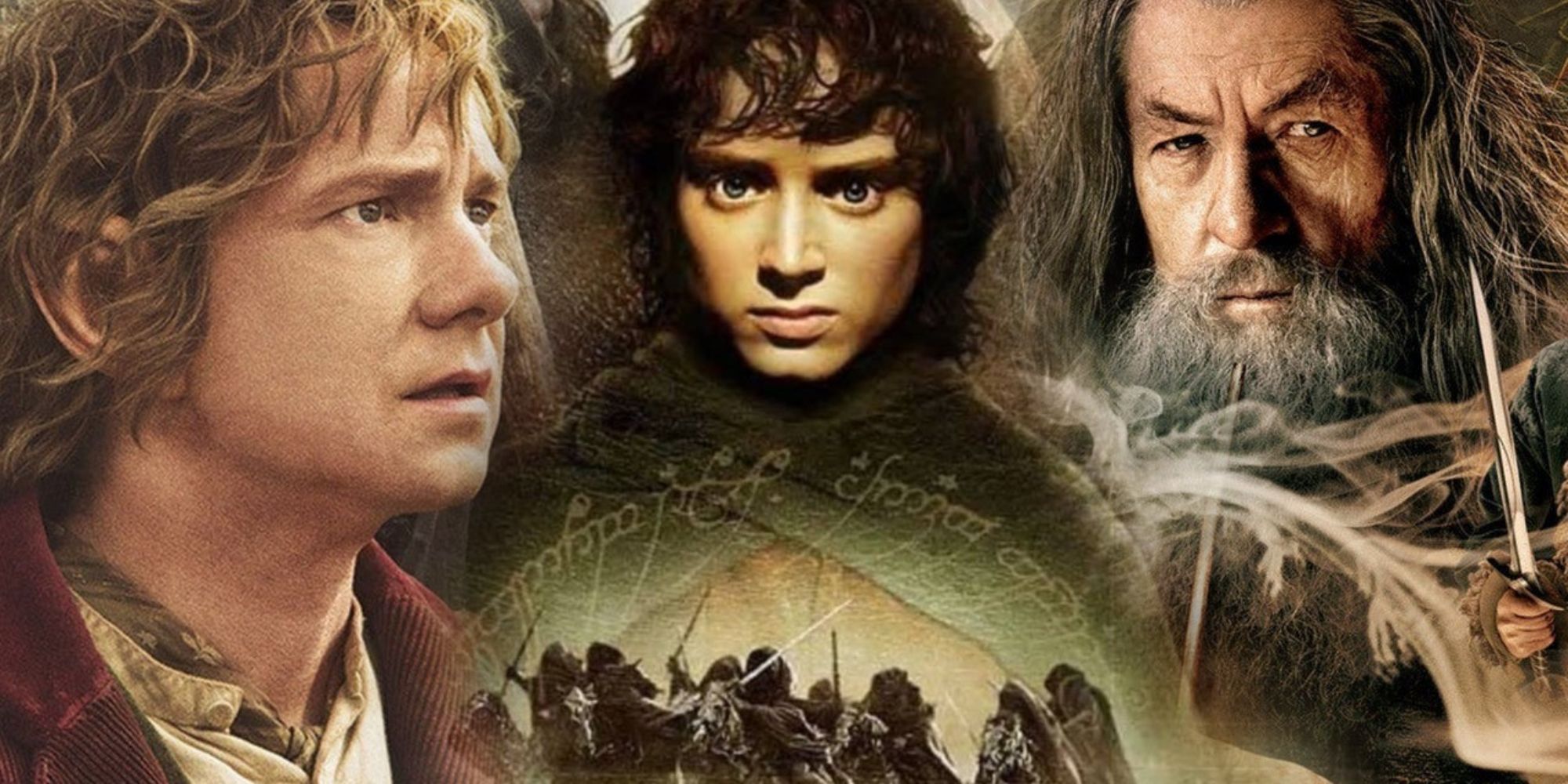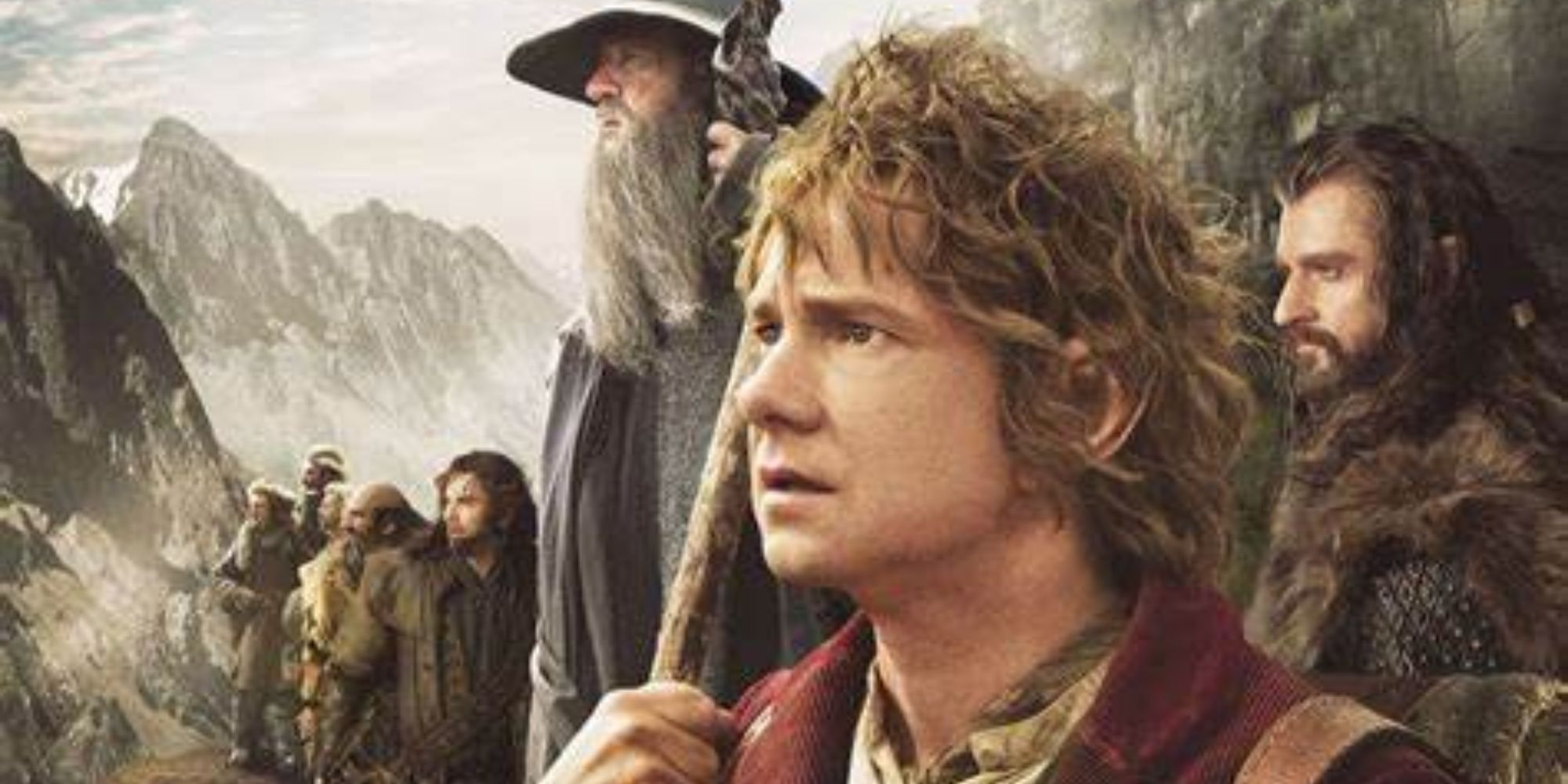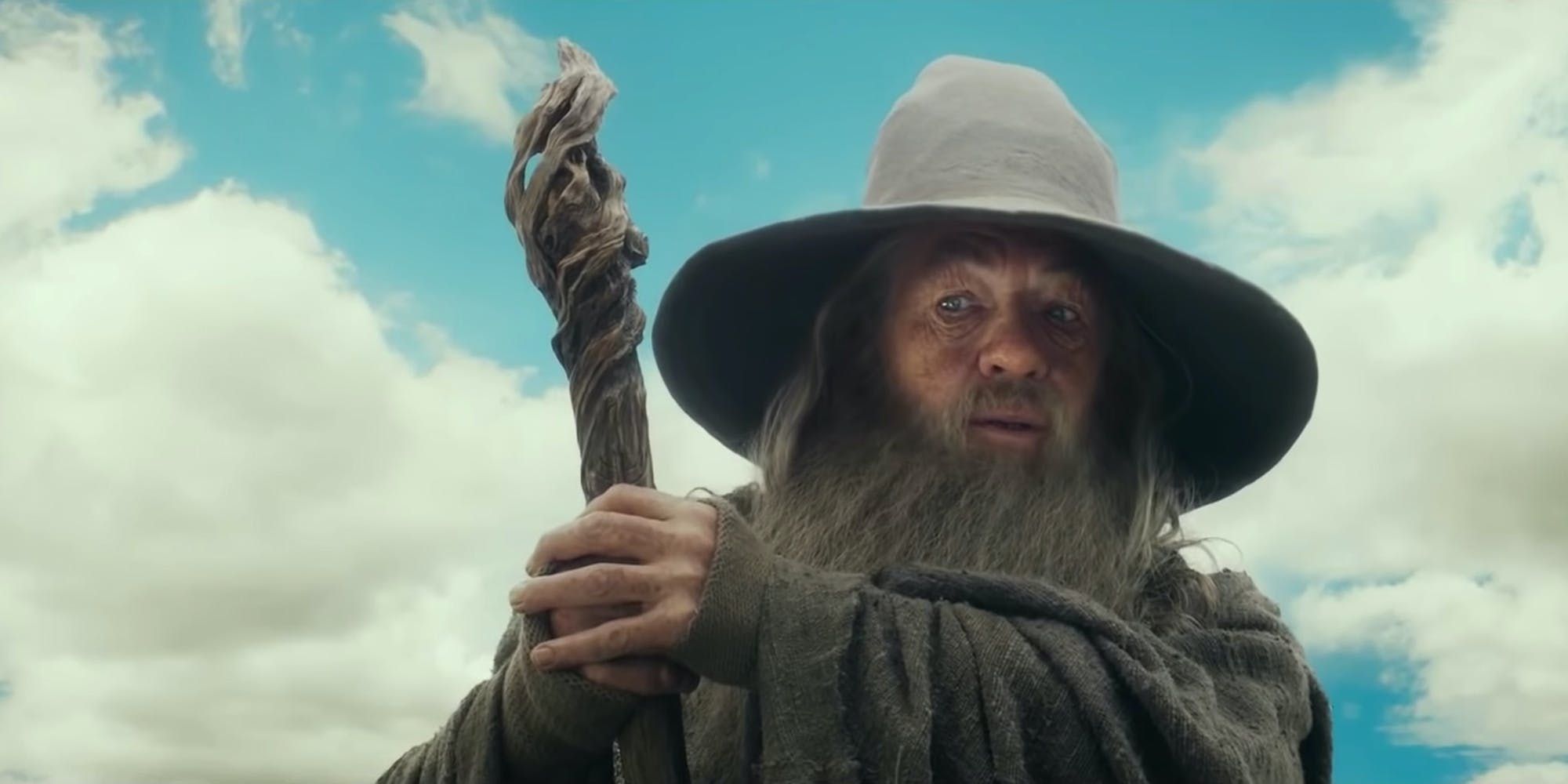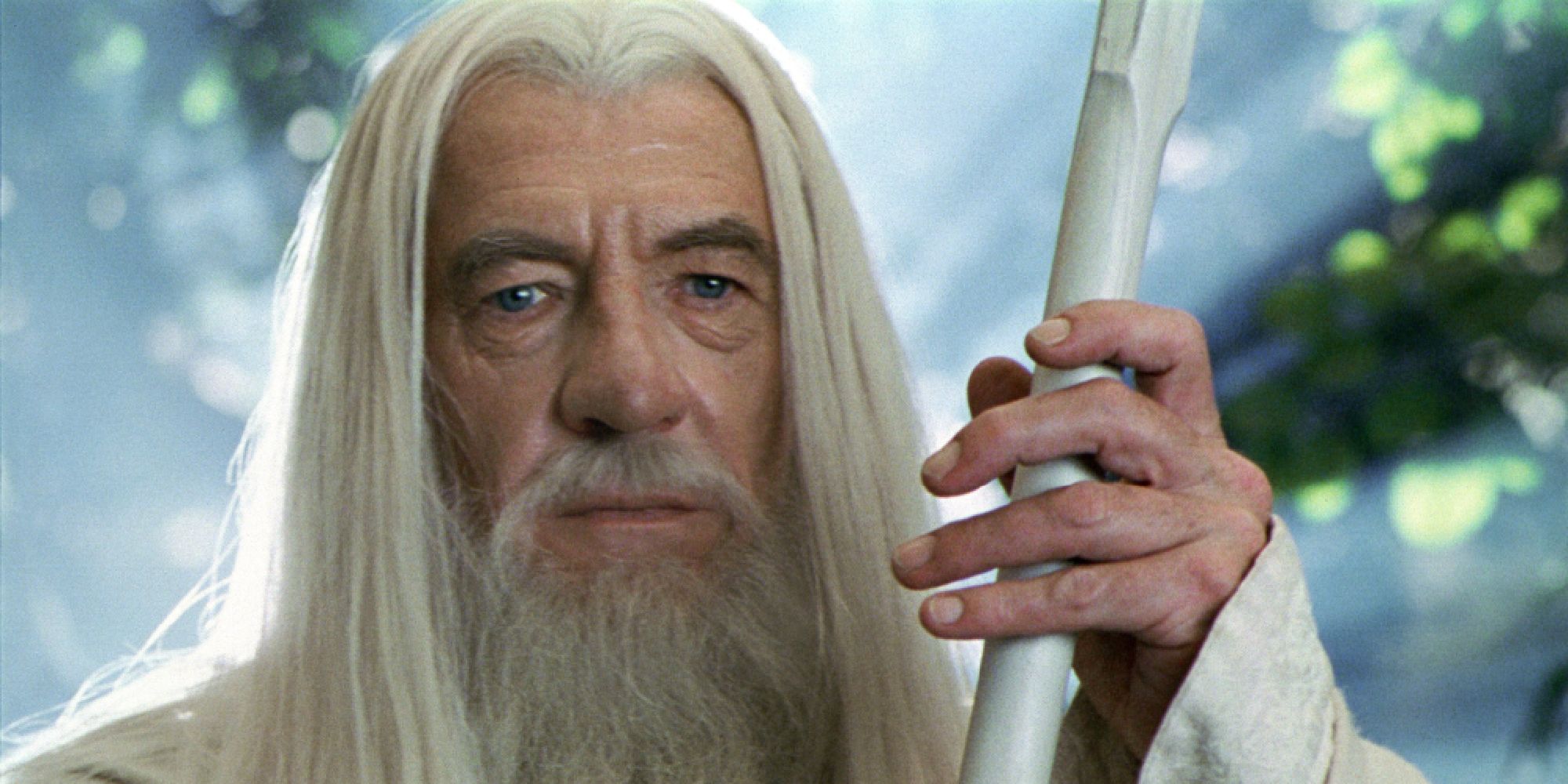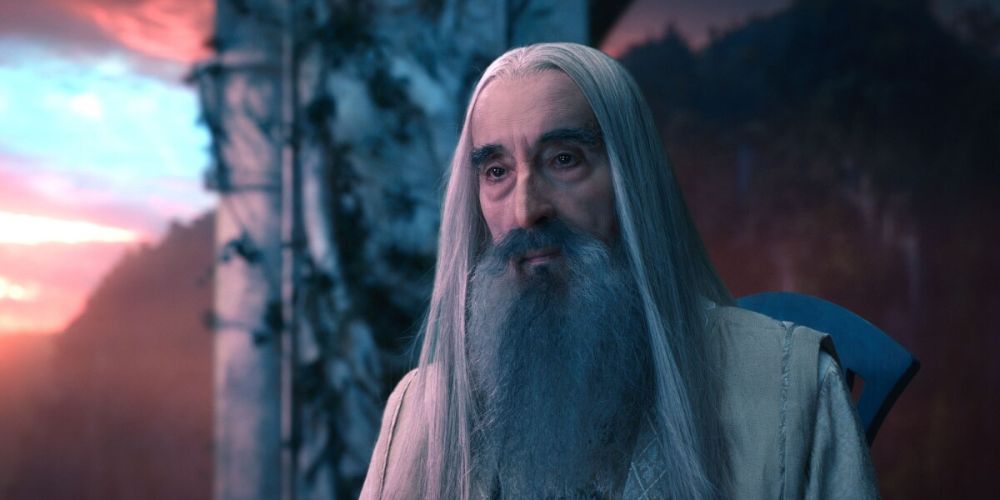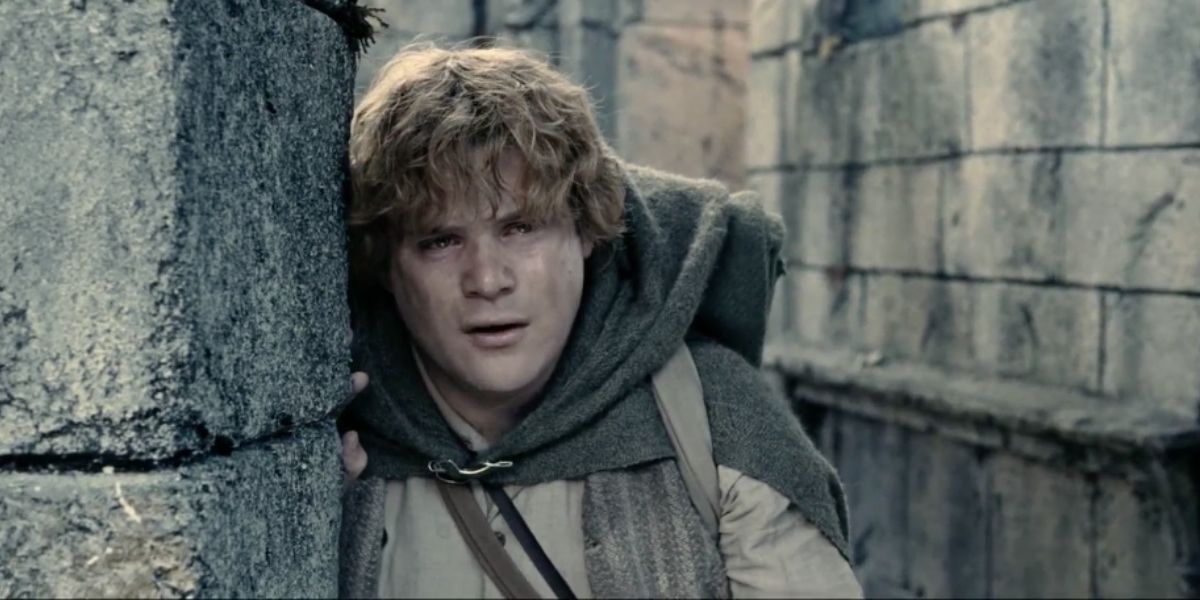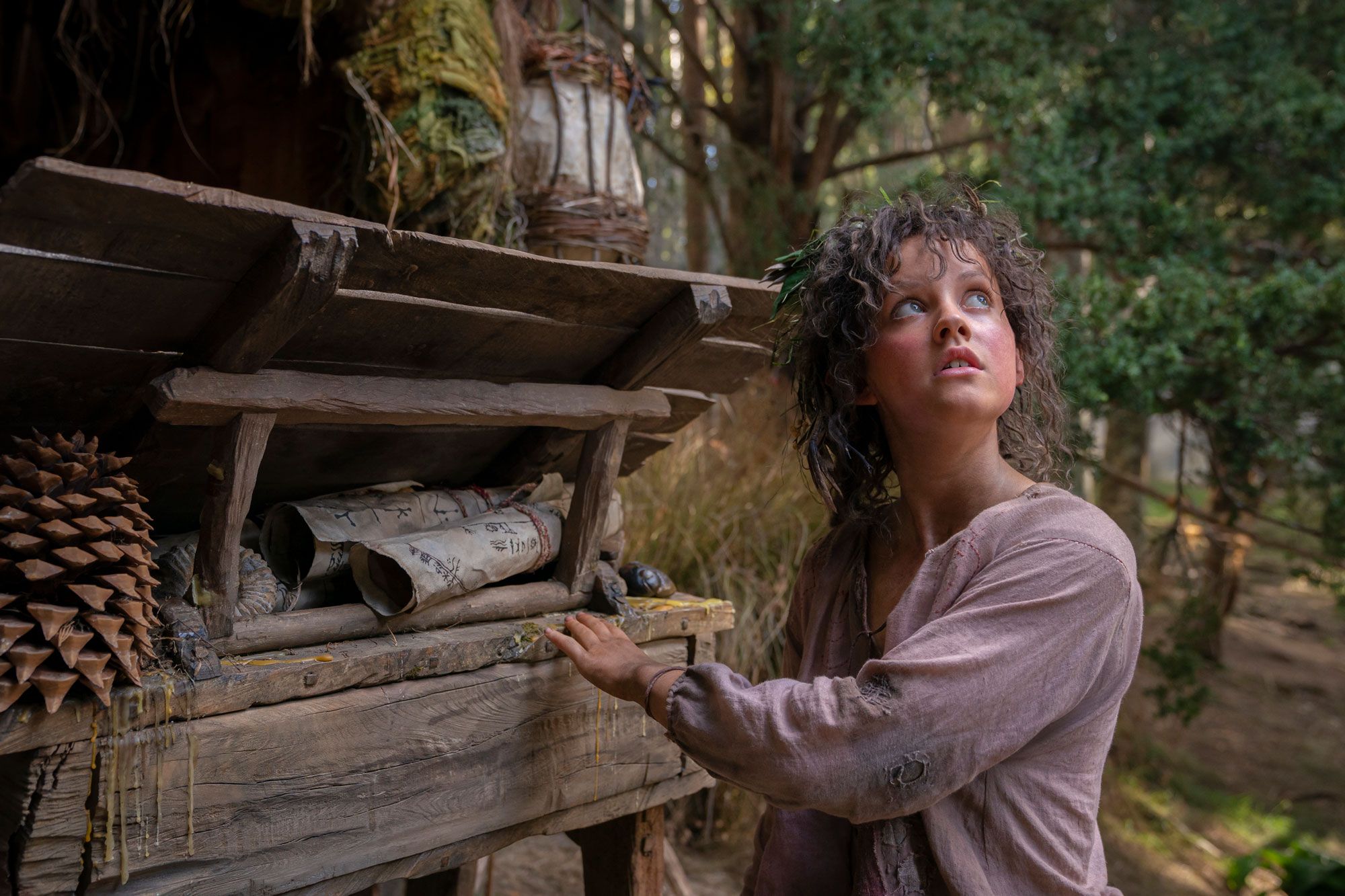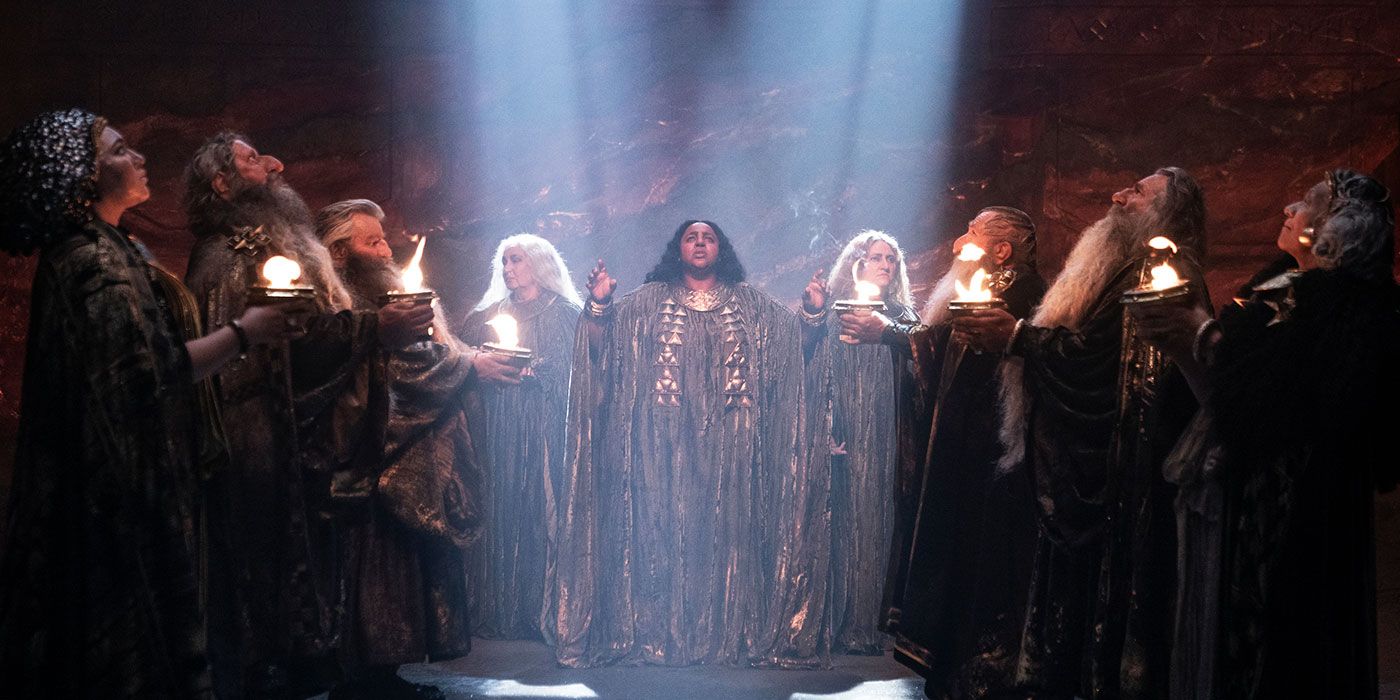Reading J.R.R. Tolkien's Lord of the Rings is constantly slacklining between the epicness of complex mythologies and the heartwarming (and sometimes even silly) truth of our world. All throughout his work (except perhaps The Silmarillion, which is just complex, let's be honest), these two are the dominant traits of Tolkien's Legendarium, from its very beginning with Bilbo Baggins (Martin Freeman) and Gandalf's (Ian McKellen) quirky "good morning" scene in The Hobbit to Aragorn's (Viggo Mortensen) battle speech before the Black Gates of Mordor in the end of Return of the King - which surprisingly enough, was never written by the original author of the saga.
An interesting aspect of the movies and TV series based on Tolkien is that they may not be directly extracted from his writings themselves, but they do feel as if they were. Purists may argue that they do not do justice to the original novels, but that's what the professor himself wanted. In one of his letters to his publishers, he famously states that he "would draw some of the great tales in fullness, and leave many only placed in the scheme, and sketched. The cycles should be linked to a majestic whole, and yet leave scope for other minds and hands, wielding paint and music and drama."
And that's precisely what Peter Jackson did in both his movie trilogies, and what J.D. Payne and Patrick McKay did in Prime Video's The Rings of Power. So, to go further into that territory, let's have a look into some of the best moments in Lord of the Rings movie and television moments that may not have been designed by Tolkien himself, but do feel like it, shall we?
"Why Bilbo Baggins?"
Most of what makes An Unexpected Journey special is following the beginning of the whole adventure through the eyes of Bilbo. His sense of wonder upon arriving in Rivendell is only matched by our own, and it's rare to have a story in which the very protagonist works so well as the eyes of the audience. Up to that point, the movie was filled with the things we love about Middle-Earth, such as adventures, curious folk, and dangers, too.
But we only begin to understand that there is something else at stake in the quest to retake Erebor when the White Council gathers in Rivendell. Gandalf reveals the Morgul blade to Elrond (Hugo Weaving), Galadriel (Cate Blanchett), and Saruman (Christopher Lee), and gets an earful by the White Wizard, but, after the meeting, he has a private talk with the Lady of Lórien. This is the first time we see Gandalf and Galadriel together on screen, and, in the end, she asks the Istari why he brought Bilbo with the Company of Thorin Oakenshield (Richard Armitage).
Gandalf's answer is a testament to screenwriter Fran Walsh's inspiring writing, not Tolkien's. He says it's because Bilbo makes him believe in "ordinary things" and small acts of kindness as the key to defeating darkness and that the halfling's good heart is proof that only doing good in an everyday basis can keep the darkness at bay, in opposition to Saruman's belief that only a great power could defeat evil. "Perhaps it is because I'm afraid, and he gives me courage," the Gray Wizard says about the Company's thief.
Years after that scene was first shown on screen, it also ties to the Stranger's (Daniel Weyman) relationship with the Harfoots in The Rings of Power, especially his companion, Nori Brandyfoot (Markella Kavenagh). While it's not confirmed that the Stranger is Gandalf, it might be more evidence to that fact because of his time spent in the company of Hobbits.
"A Wizard Is Never Late"
Despite his vast knowledge and courage, Gandalf is also known for being a huge dork. Yes, someone had to say it. In fact, the very first line we ever heard him say in his portrayal by Ian McKellen in The Fellowship of the Ring is the iconic line, "A wizard is never late, Frodo Baggins. Nor is he early. He arrives precisely when he means to!"
Although it's in-line with Tolkien's writings on the Gray Wizard, he never really said this line in the books. It's such a Gandalf thing to say, though, the kind that leaves the audience thinking "Wait, what?" and that has helped establish his eccentric but wise personality. It's no surprise it became an instant classic, widely used to justify delays in gatherings of any kind in our own world.
Curiously, later in the movie, Gandalf arrives late in Rivendell to reunite with the hobbits, and answers to Frodo (Elijah Wood) that he was delayed because of his fight with Saruman, proving that even the Istari can be late, too, despite his saying otherwise.
"When in Doubt, Always Follow Your Nose"
By now, it's pretty clear that Gandalf is every writer's favorite character, right? Well, when the Fellowship of the Ring arrives in Moria, the Gray Wizard is lost for a while, trying to figure out which is the right path to follow when coming to a three-way tunnel. All of a sudden, after an inspiring talk with Frodo, he remembers the right way with a strange confidence for someone who moments ago was lost.
When Merry (Dominic Monaghan) asks him what made him remember, the answer is his eccentric usual: "The air doesn't smell so foul down here." It's strange, sure, but it's also a typical Gandalf quote in the sense that it also ties to the smaller things as the key to figuring out life. It's such a great quote that it was reused in The Rings of Power, when the Stranger and Nori set out in their own adventure into the East.
"The Fires of Industry"
After Saruman reveals his true intentions and his decision to side with Sauron in The Two Towers, he immediately transforms Isengard into an almost industrial land. No more lush gardens full of trees, only caves and pits that serve dark purposes, such as the creation of a new breed, the Uruk-Hai — a mix of Humans and Orcs — and the burning of the Westfold, bringing down countless trees to make the old world burn.
Even though Tolkien's work is a constant reminder of the good and wholesome things in life for everyone who reads it, his own view of the world was actually somewhat pessimistic. The very idea of good winning through small everyday acts may seem exhausting when confronted with the might and destructive power of darkness. But that's how we win.
Saruman's actions in the novels are an analogy for how far society's willing to go in the name of what they call progress. We don't need to look further than our own world, as a climate catastrophe approaches due to our greed and thirst for power — much like the lord of Isengard. His line in the movie was never uttered in the books but was required to make clear the villain's purposes.
"There Is Some Good in This World"
On the other side of this fight are Frodo and Sam (Sean Astin), two of the smallest folk around. "Even darkness must pass," says our favorite gardener at the end of The Two Towers, after rescuing Frodo from a Ring-induced trance that almost makes Frodo food for the Nazgûl. Frodo can't take it anymore, and that's when Sam always steps in to rescue his friend — it's not the first time and won't be the last either.
As Sam gives this pep talk to Frodo and Gollum (Andy Serkis), a montage of the battles in Osgiliath, Helm's Deep, and Isengard is shown, with good defeating evil once more, even if it feels it will not hold. But that's how this fight is won, it is a constant battle and we have to keep doing the right thing, even when we're exhausted. Perhaps the most touching line of the movie, it reveals the power of friendship and that, despite everything, there are always things worth fighting for. It makes a stark point in favor of the simple things as opposed to Saruman's line about industry and progress.
"This Wandering Day"
Following Howard Shore as the composer for Lord of the Rings is one hell of a challenge, but Bear McCreary did splendidly in The Rings of Power. Much of what makes Peter Jackson's movies so iconic is precisely their scores, so the Prime Video series' needed to be just as good. One of the best moments of the first season happened in its fifth episode with the aid of the score. In the series' lore, This Wandering Day is a song passed on through the Proudfellow family, which we came to know and love in the form of their last surviving member, Poppy (Megan Richards). It embodies everything about the Harfoot spirit, emphasizing the need to venture out into the world as the way to grow as a person.
Music is one of the most important forms of expression in Tolkien's work - the very universe was created in a song. Here, though, it is much simpler. The Harfoots are a wandering people, they travel around Middle-Earth as a way to stay connected to the whole of it. Eventually, though, they will settle on the Shire and will leave their wandering ways behind - save for a small group of troublemakers, of course.
The Resonating of the Stones In Khazad-Dûm
Tolkien always had a way of connecting world and individual in his writings. Nearly all the central characters come from places to which they are strongly tied, going way beyond just the Hobbits. The Dwarves, for example, have a strong sense of belonging to their underground roots, so it makes perfect sense that they live in harmony with their mountains and tunnels.
In The Rings of Power, Disa (Sophia Nomvete) introduces us to this very interesting concept. When we meet them, the Dwarves are perhaps the richest folk in Middle-Earth due to the extraction of precious gemstones. They are also looking for mithril, and resonating is the way to go. The whole process consists in singing in the chambers found inside the mountain and then hearing the mountain "sing back", telling them where to go next.
We already mentioned how important music and songs are in Tolkien's Legendarium, so every time this tool shows up in movies and TV series, it's a point scored. The idea of resonating is completely original for The Rings of Power, showing how invested the show's creators are in making Tolkien's universe even richer.

